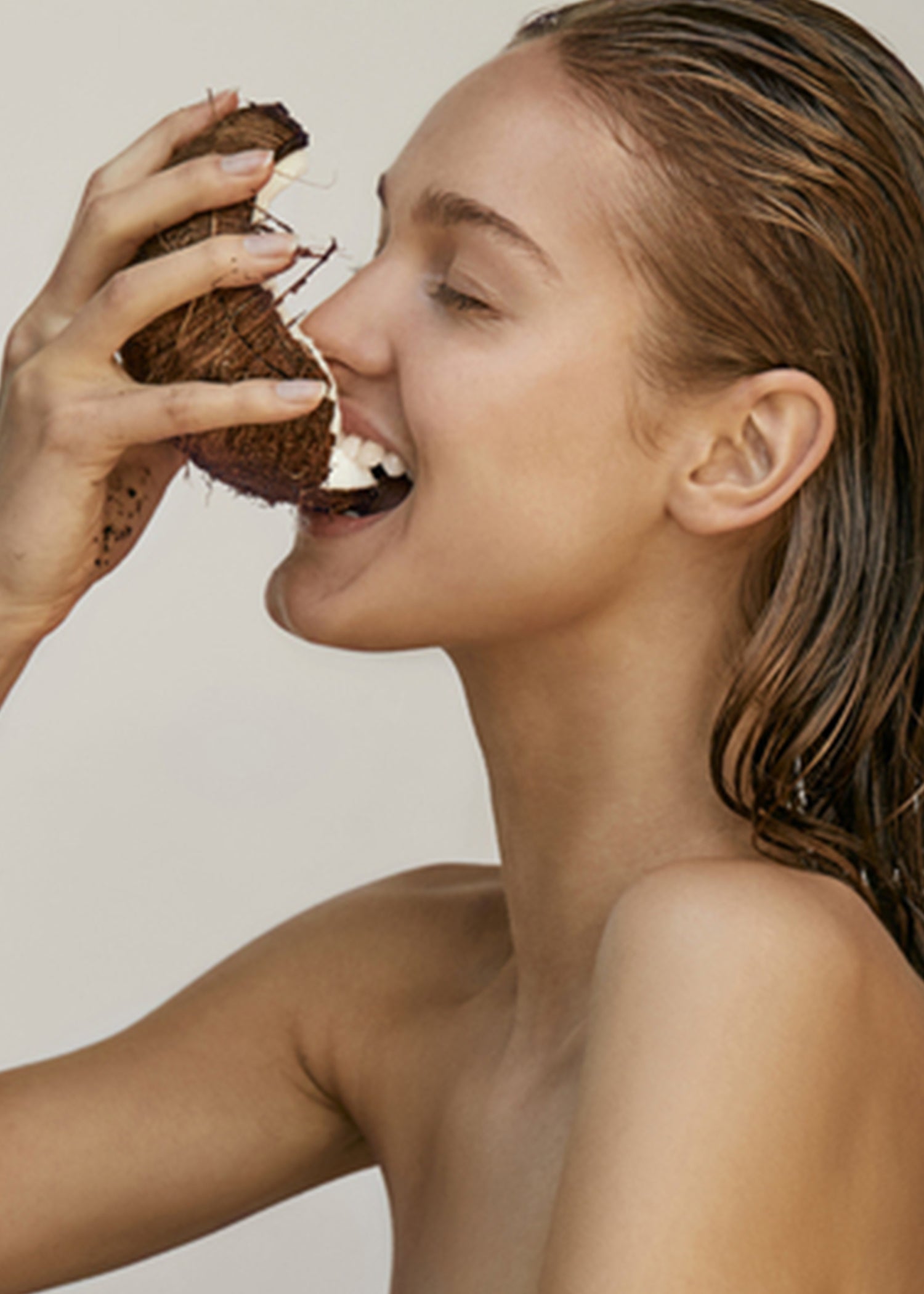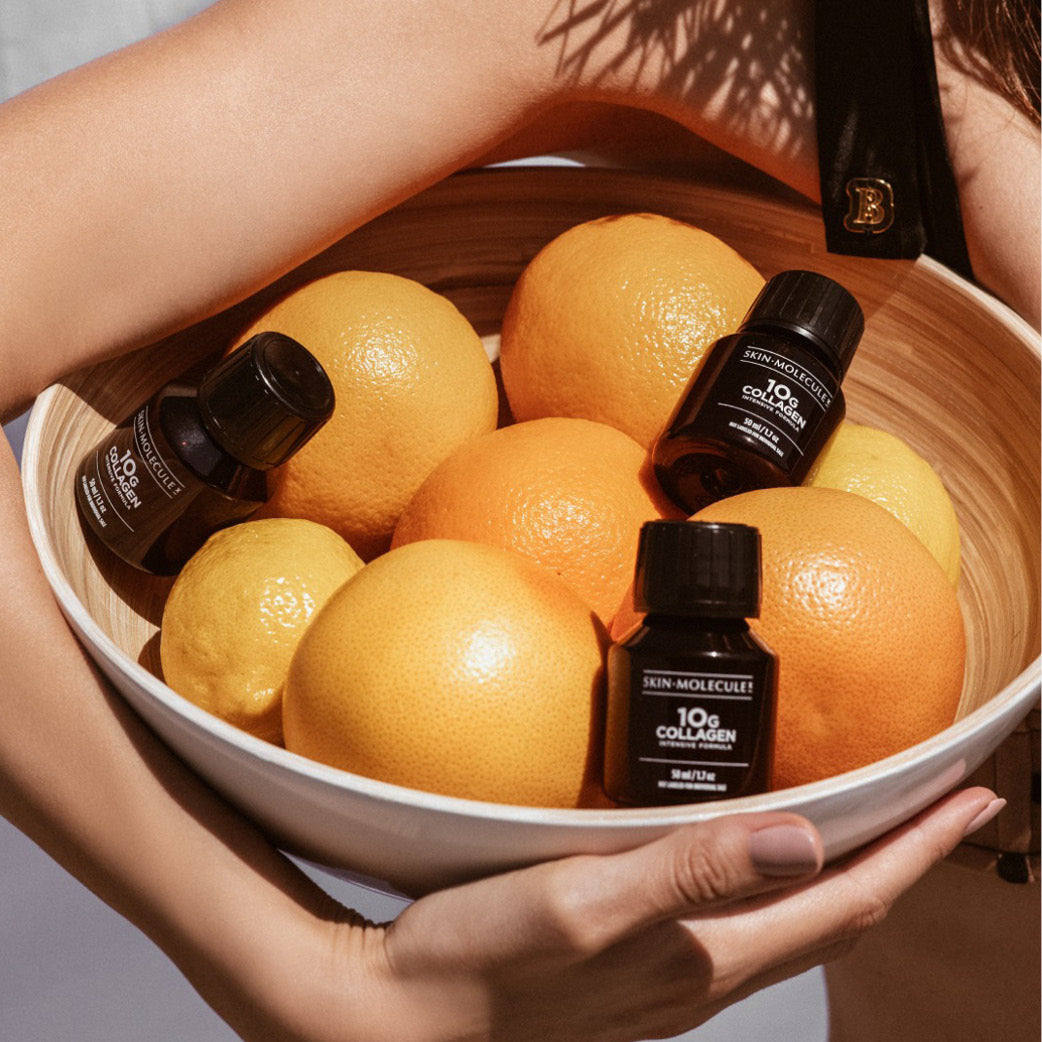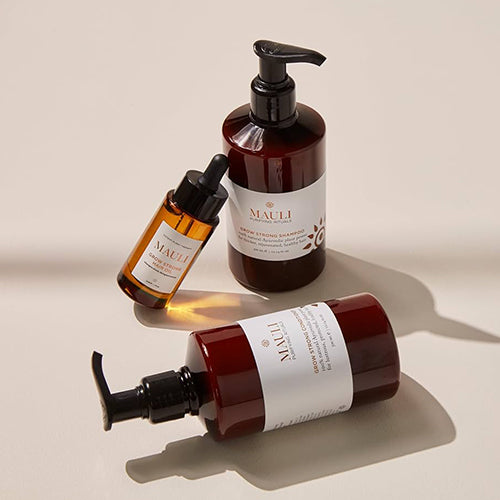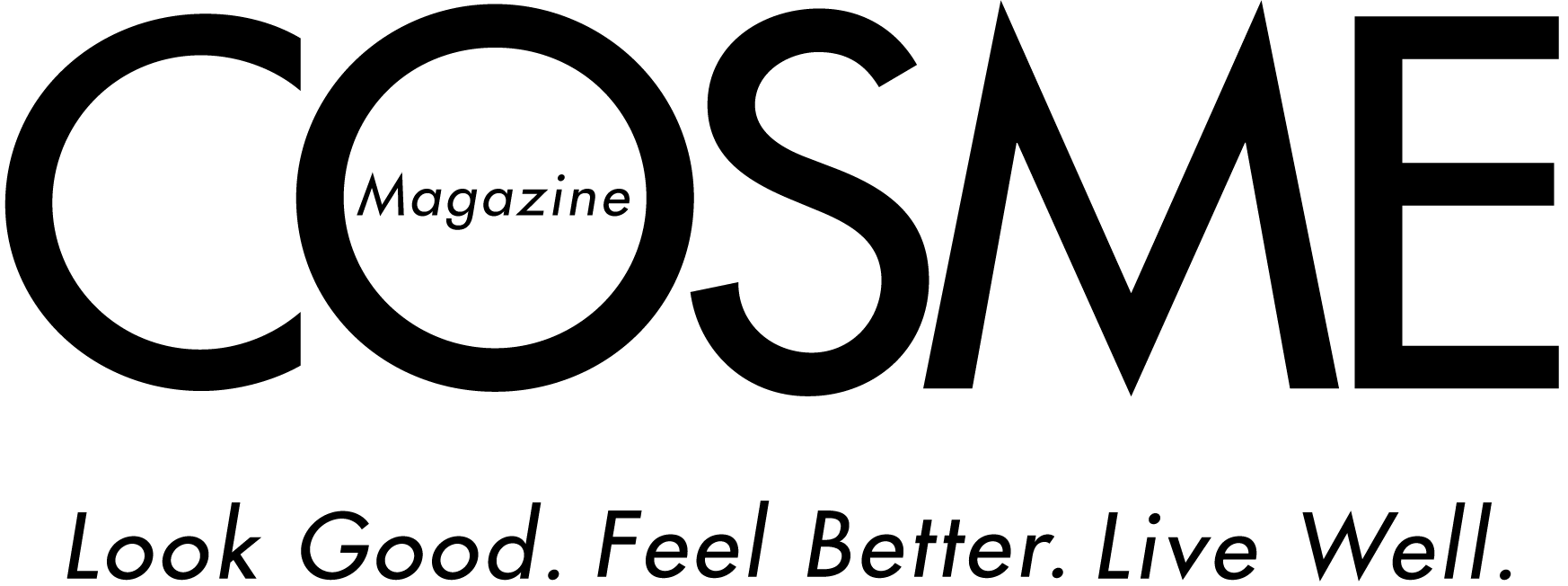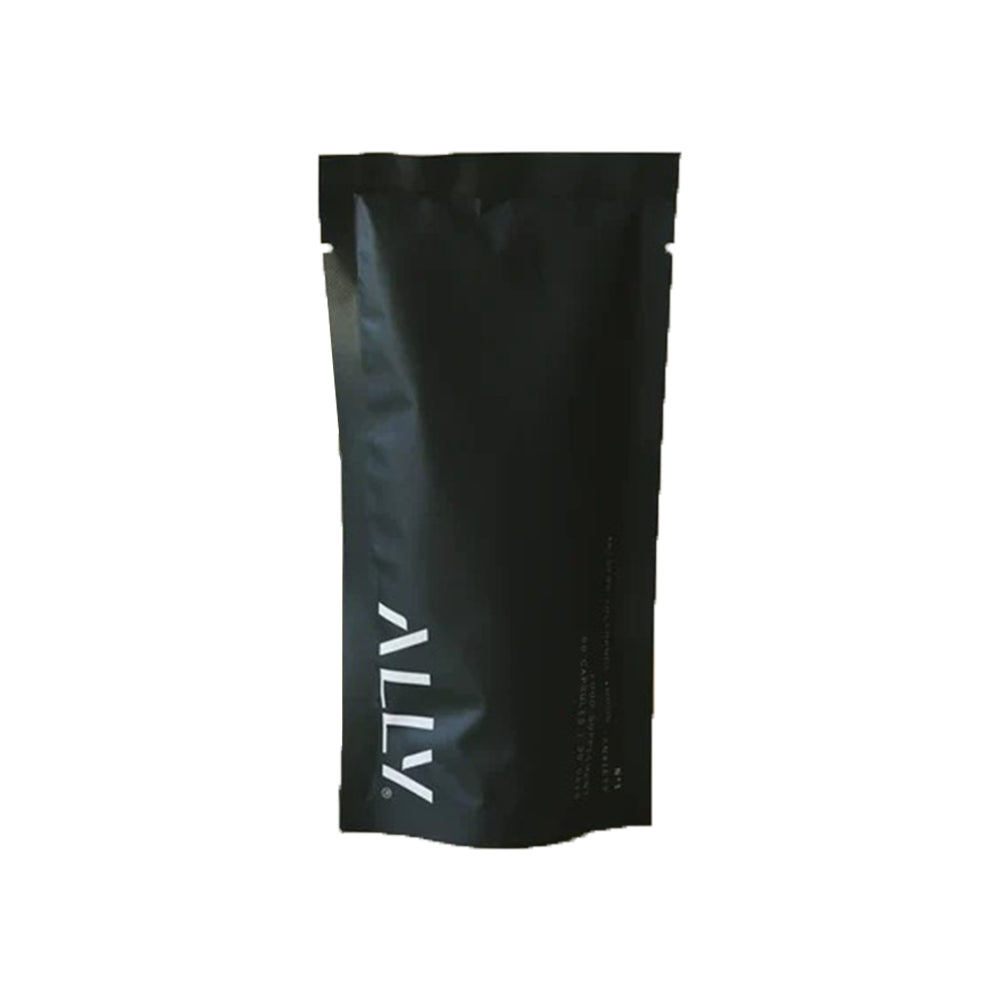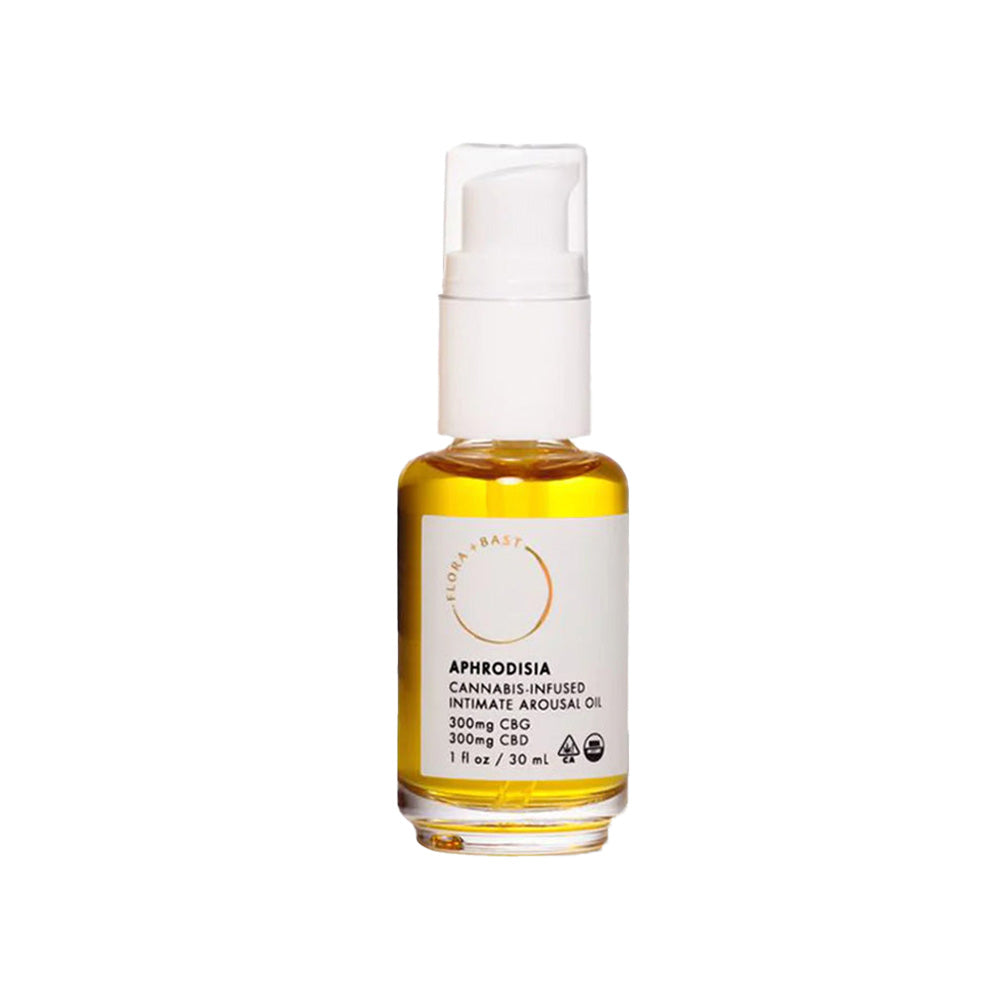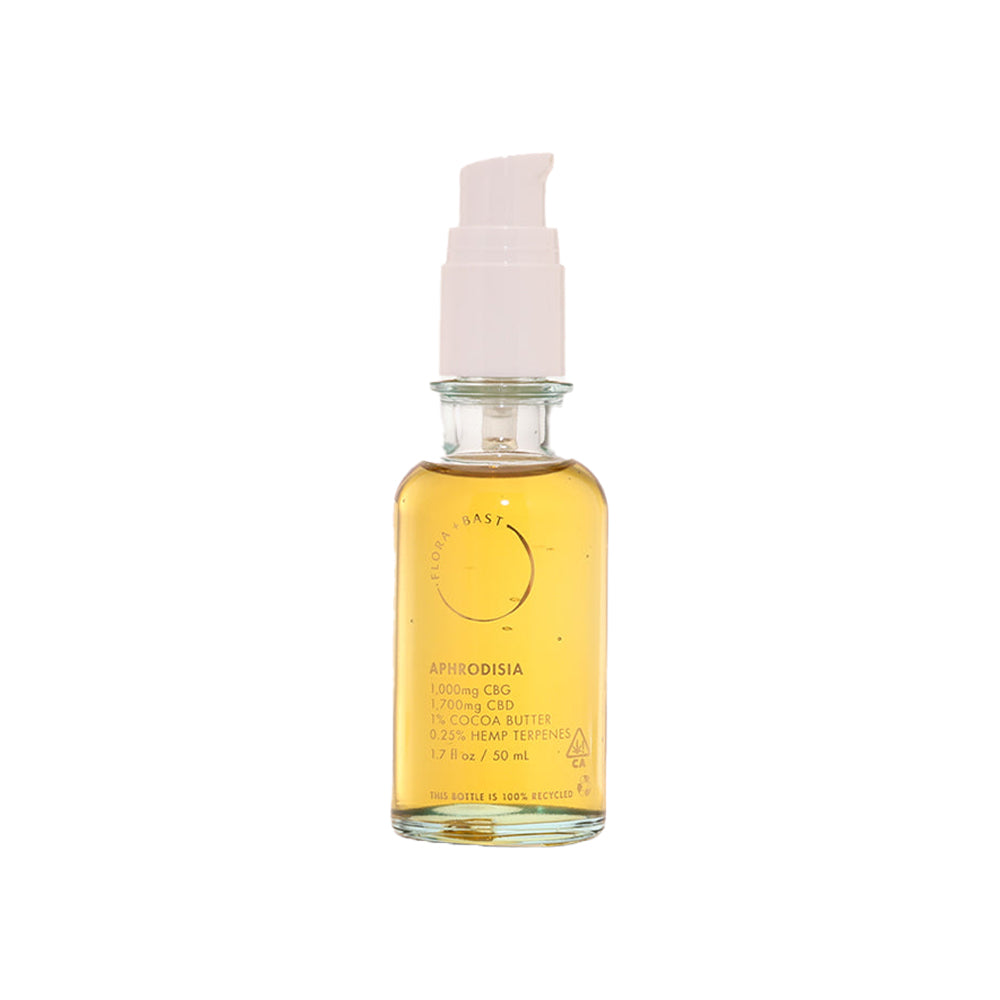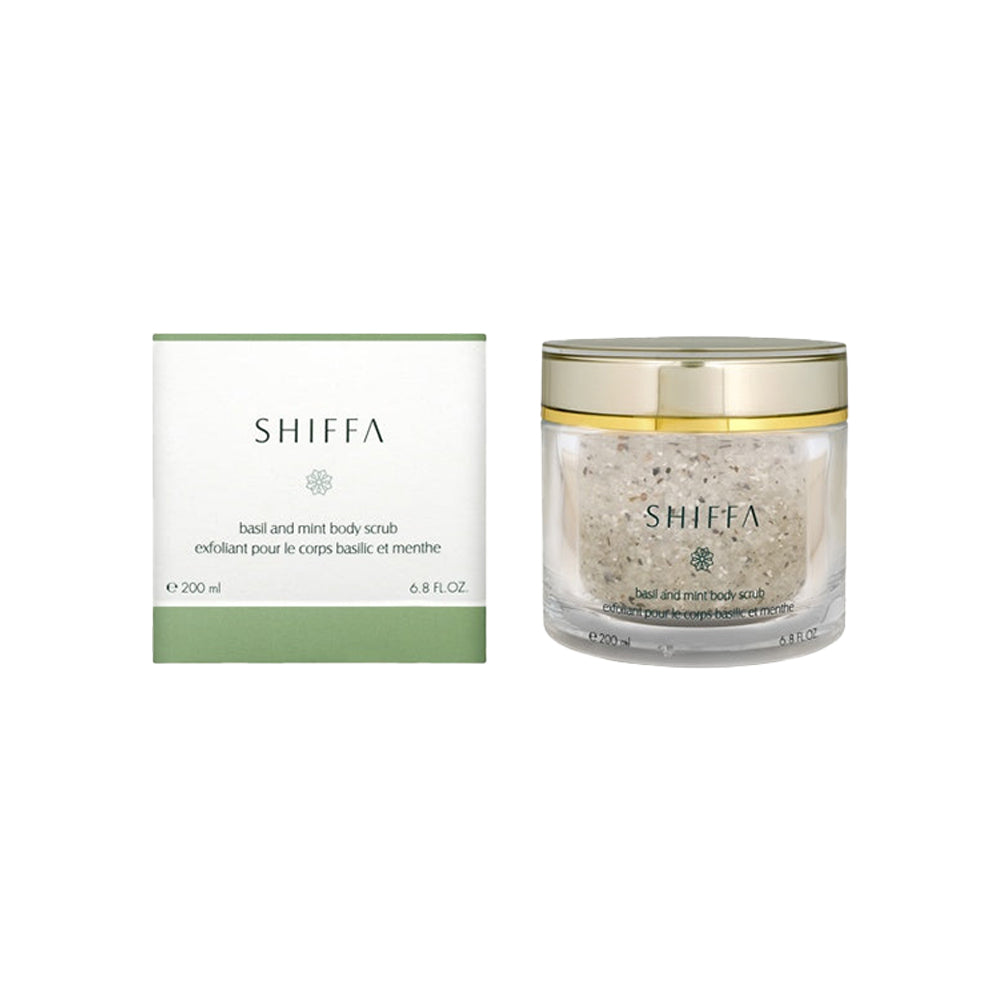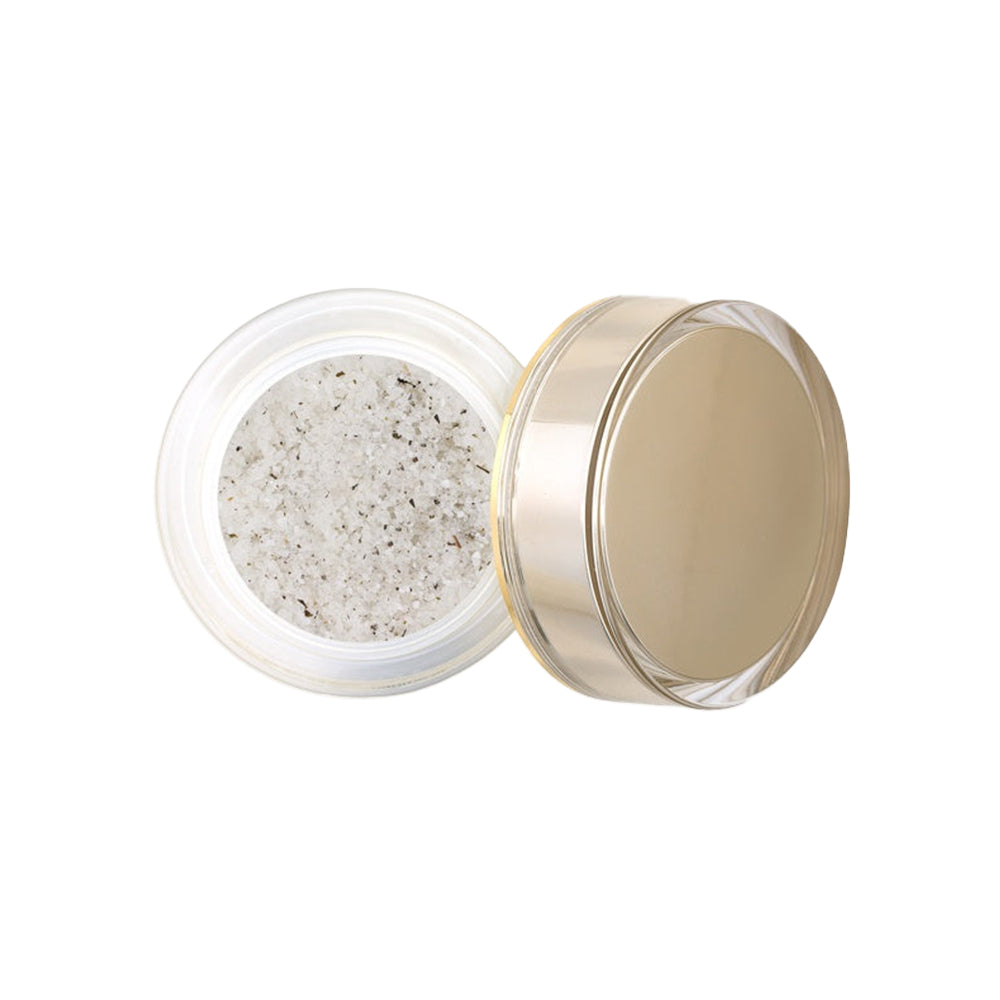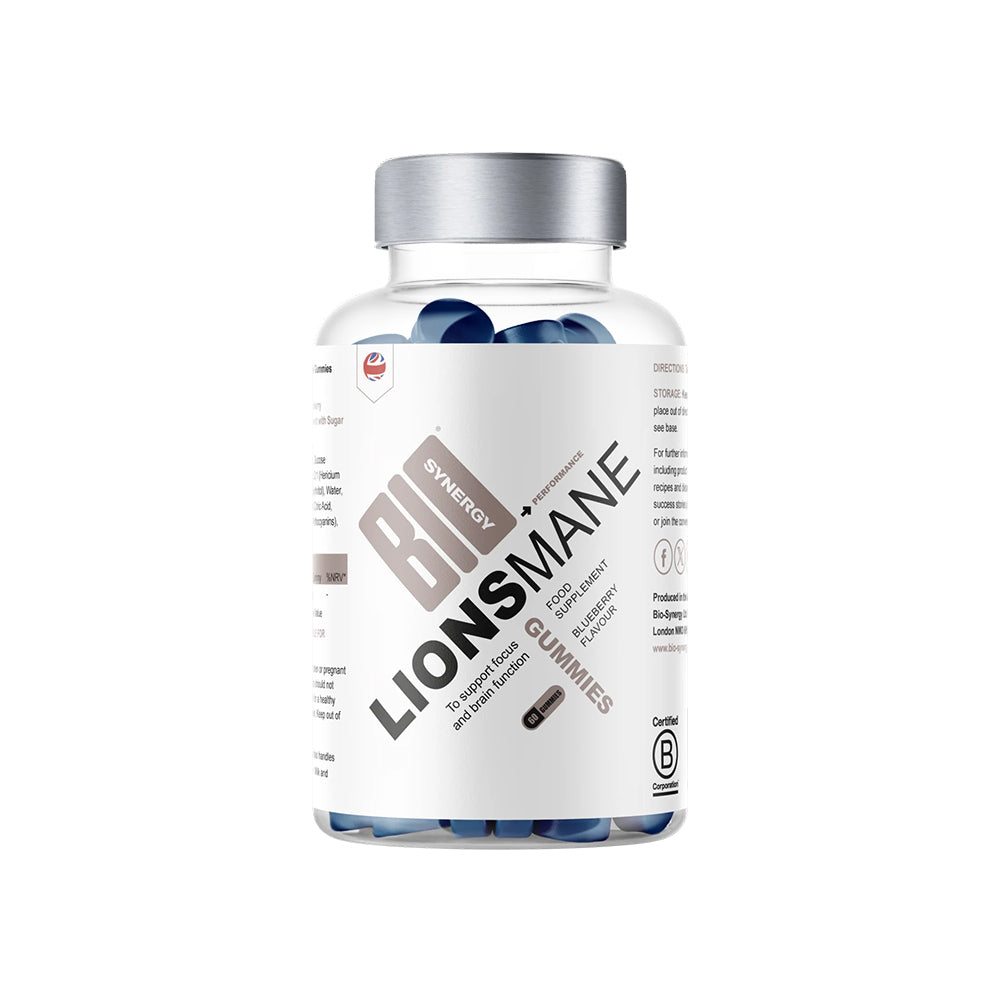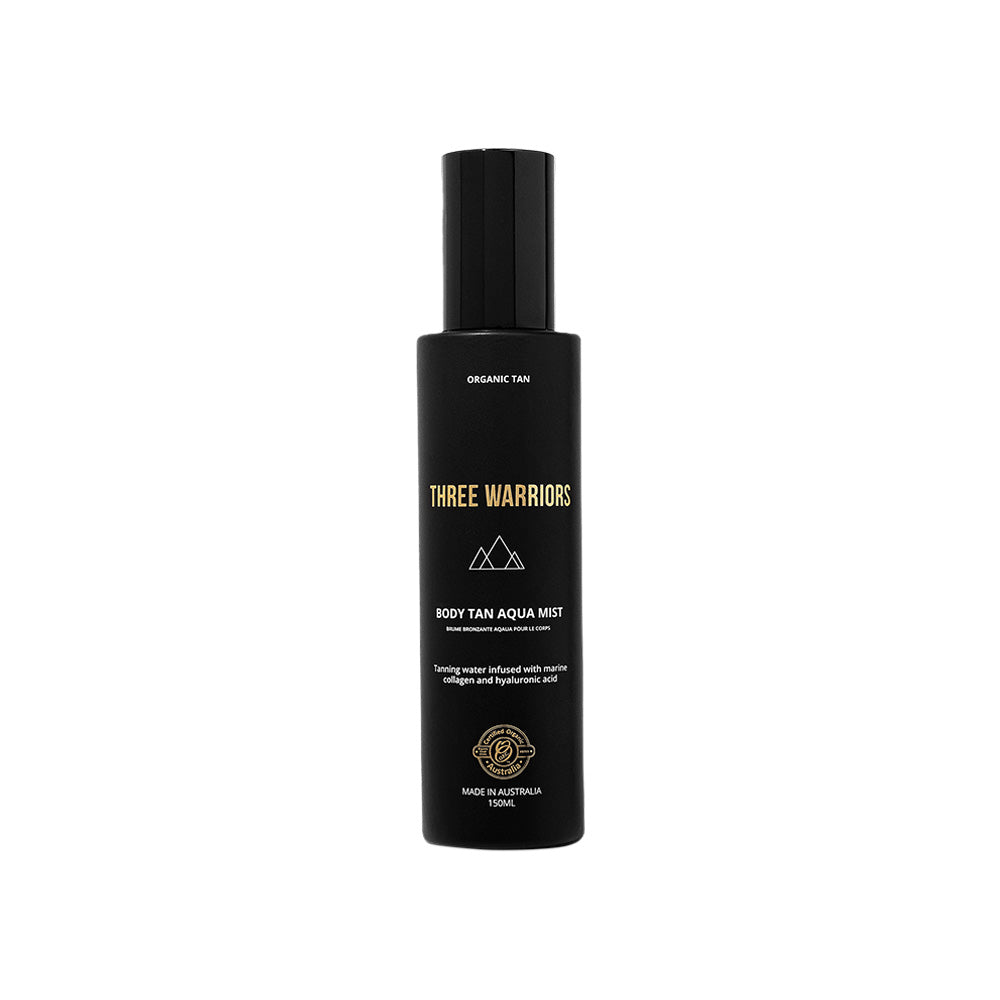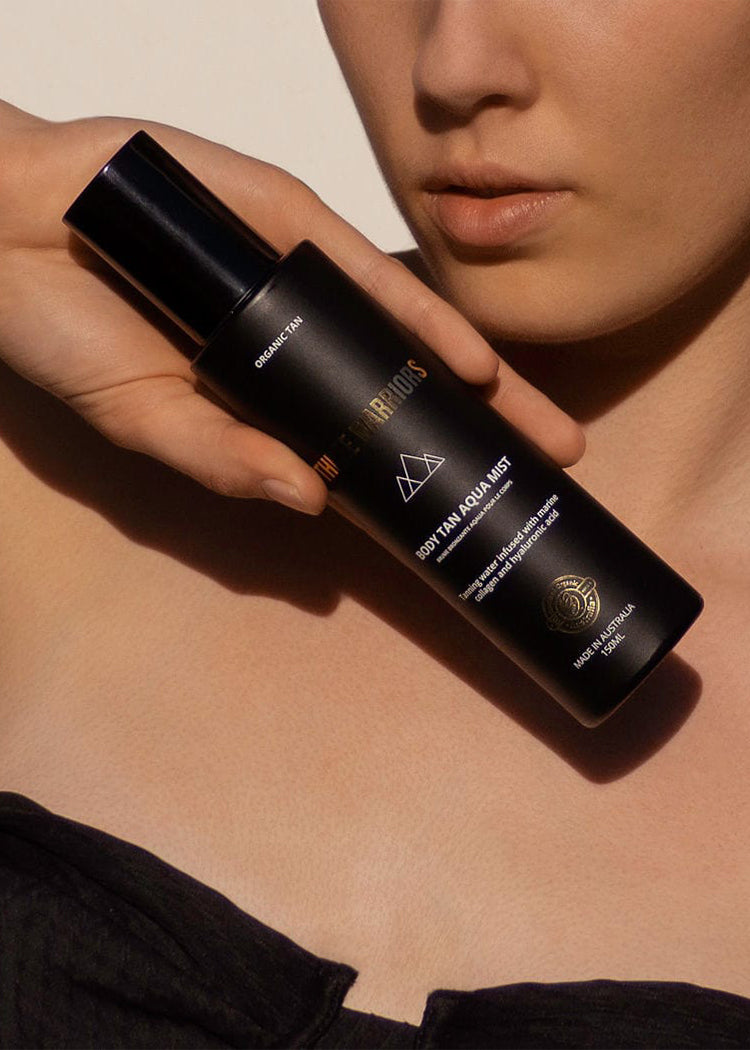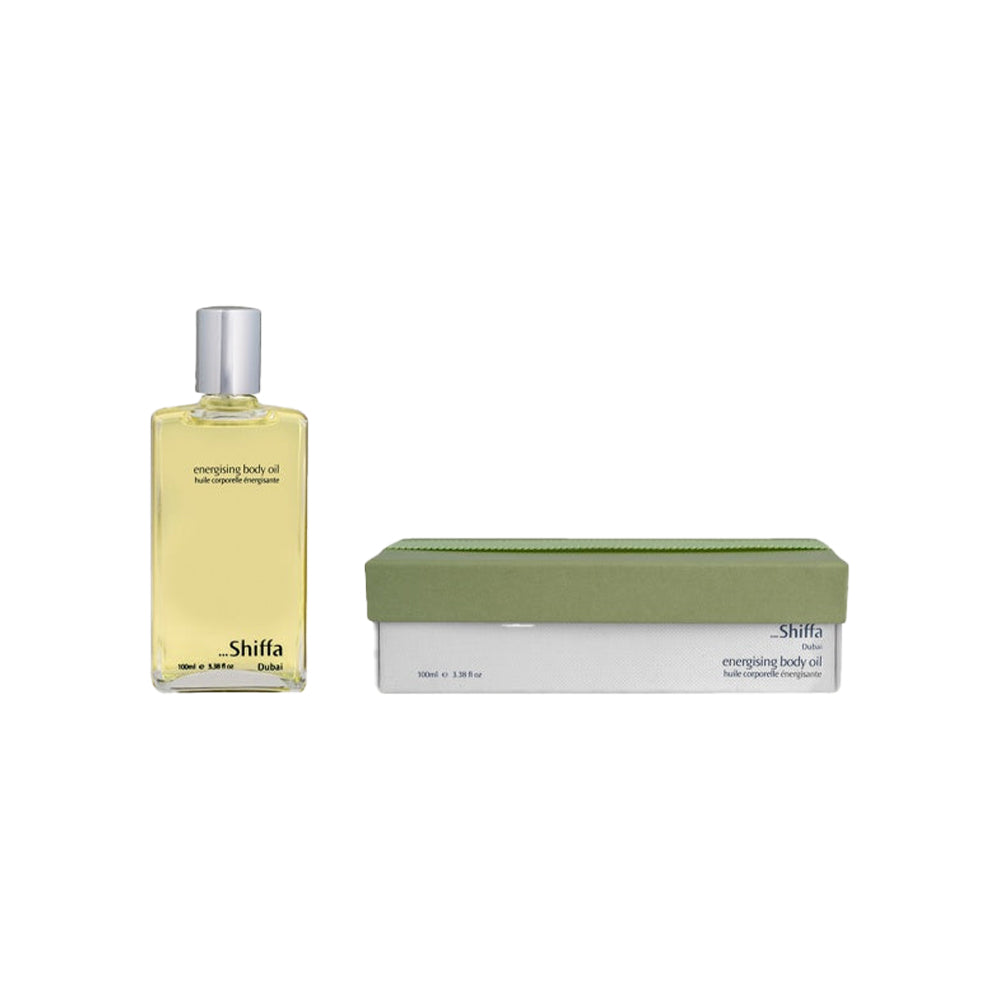Once a buzzword associated with hippies and free spirits, vegan has now become a fully-fledged diet choice for many of us. Last year, a record number of 500,000 people signed up for the global Veganuary challenge, double the amount that two years prior. A report by UK supermarket, Sainsbury’s predicted that by 2025, out of all UK consumers, vegans and vegetarians would make up a quarter of the British population, while flexitarian (those who eat both plant-based and meat-based meals) would make up just under half. Many celebrities have proven that a plant-based lifestyle doesn’t hinder your performance, whether that’s on the big screen, like Natalie Portman and Jessica Chastain, as a musician, like Billie Eilish, or winning Olympic medals, like Venus Williams. In fact, the RSPCA reports that reducing meat consumption by just 10% can have significant benefits for your health and the environment.
Whether it’s for health reasons, environmental purposes, or animal welfare, we asked the experts what you need to know if you’re thinking about switching to a plant-based diet. Follow these suggestions for how to go vegan.
CONSULT AN EXPERT IF YOU NEED TO
While there’s lots of information on the internet, if you’ve had health problems in the past, it’s probably worth consulting an expert before you make the switch. If you have food allergies or restrictions, are anemic, or suffer from digestion problems, a nutritionist could help to steer you in the right direction, and provide you with all the information you need to consider whether a vegan diet is the best idea for you.
PLAN YOUR MEALS AHEAD
A vegan diet means you may be preparing your food differently, so you need to factor in any extra time or effort. Even if your meal is packed full of nutrients, it doesn’t mean your body can always absorb it easily. Particularly, the levels of phylates in seeds (like wheat, legumes, and chickpeas) can reduce iron absorption and according to the US National Academy of Medicine, this means that vegans and vegetarians need 1.8 times more iron. Protein-rich quinoa and buckwheat (often a staple in vegan diets, thanks to their high protein content), and other pulses, legumes, and grains can be soaked and rinsed thoroughly to remove any substances that may impair the absorption of certain nutrients. Fermenting and sprouting can also help and is good for your gut, but this takes a little extra effort and time.
“Get some really great kitchen gadgets. These can go a long way to making your life easier – a good food processor and hand blender, for example. Soups and salads are great vegan go-to meals,” advises nutritionist, vegan, and founder of BarreFly London, Hillary Cannon.
YOU MAY NEED TO SUPPLEMENT SOME NUTRIENTS
While veganism can make for a super-healthy switch your body will thank you for, there are some nutrients that you may need to supplement. Vitamin B12 doesn’t naturally occur in plant food but is crucial for creating healthy DNA and red blood cells. Trying to include foods fortified with B12 is an option, but it might be easier to take a supplement. B12 can affect the thickness of your hair, and since it’s stored in your liver, you may not notice the effects instantly. There are eight essential proteins that the body doesn't naturally produce, but that we need every day. Animal proteins contain all of them, while tofu has just four. Learning more about which foods contain the different proteins you need is key to a healthy vegan diet, and it often comes down to combining various foods to ensure that you meet the full protein quota.
Particular nutrients may be less bioavailable in plant-based foods – iron, magnesium, zinc, iodine, calcium, and fat-soluble vitamin A and E. Uptake and absorption can be lower, so you may need to supplement these to ensure you’re reaping their benefits.
Omega 3s from fish oil are notoriously hard to get through a vegan diet. There are three main types of omega 3 – EPA (eicosapentaenoic acid) and DHA (docosahexaenoic acid), which are shown to have the most health benefits, and plant-based ALA (alpha-linolenic acid). The body converts ALA into EPA and DHA, but the conversion rate is very low, at around 5%, so supplementing is a better way to ensure you’re getting enough omega 3. ALA can be found in chia seeds, flaxseed, walnuts, Brussel sprouts, algae oil, and hemp seed oil.
VEGAN ISN’T NECESSARILY HEALTHIER
Just because something is vegan, doesn’t mean it’s better for you. Vegan ice cream, chocolate, and cookies can still be high in calories. Canned beans and legumes, which are often high in protein, and an easy go-to for plant-based lifestyles, can contain 75% of your recommended intake of salt. Reduce this by shopping fresh, or simmering them in water to reduce salt by 40%. Plant-based milks can also contain added sugars. Ideally, you want to be buying the “unsweetened” variety. Always read the labels to check the ingredients and/or ethical practices. Finding good-quality, fresh, organic food and drink with minimal additives is always best for your health.
“Keep an eye on calories, especially when you’re first transitioning as some people put on weight. Planning meals ahead will ensure you’re not just eating carbs,” says Cannon.
“Snacking-wise, fall in love with raw veg. There are differing opinions when it comes to whether cooked or raw vegetables are better for you. Cooked veg will help your body to break down the fiber. If you want to, lightly steam it.”
BOOST YOUR PROTEIN INTAKE
It’s not as hard as people think it is to get an adequate amount of protein into a vegan diet with an abundance of chickpeas, beans, and legumes. “Anything you would usually have with rice, swap for protein-rich quinoa or buckwheat instead. Green vegetables have massive amounts of protein, as does soy. Quinoa contains the nine amino acids your body needs,” advises Cannon.
If you need to, top up your protein intake with vegan protein powders. These can enhance your general health and wellbeing, but particularly support muscle recovery and reduce muscle aches and pains. As far as vegan proteins go, pea and hemp-based are the best whole food source of protein, but in comparison to whey proteins, they don’t contain the full spectrum of amino acids your body needs to thrive. Another option is soy-based proteins.
Considering there are claims that soy can increase your estrogen levels, are soy products safe for everyone? Cannon busts the myth. “Don’t believe everything you hear about soy affecting your hormones. You would have to be consuming high amounts of soy and nothing else for it to affect your estrogen. Keep it as unprocessed as possible. Try tofu, tempeh, and edamame beans. Find organic soy milk.” She also added that soy milk has the highest nutrients, with the lowest calories out of all of the plant-based milks.
ENJOY THE PROCESS
Any final words of wisdom? Cannon tells us: “Don’t try to be perfect. Don’t berate yourself. Perfection is the death of progress. Give yourself a break. Move towards a plant-based lifestyle, and enjoy the process of discovering new foods. Just keep trying something new every week and discover the foods you prefer. It’s fun!”
